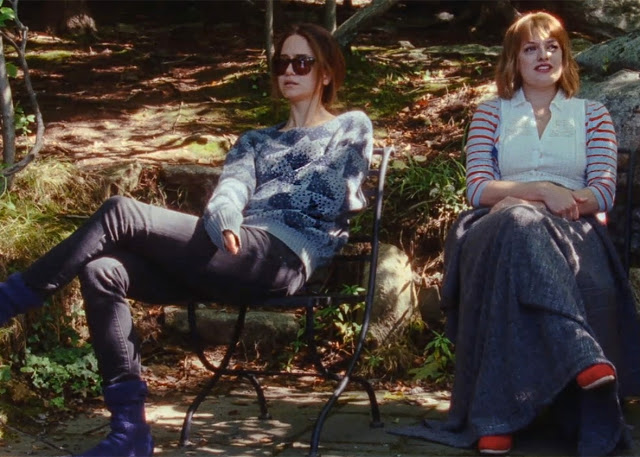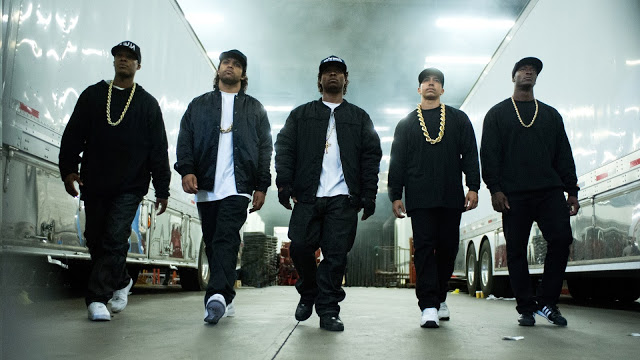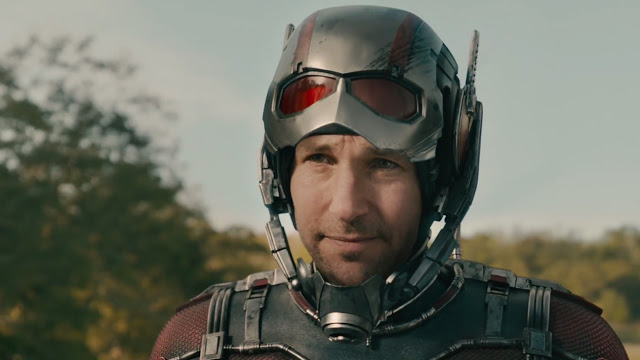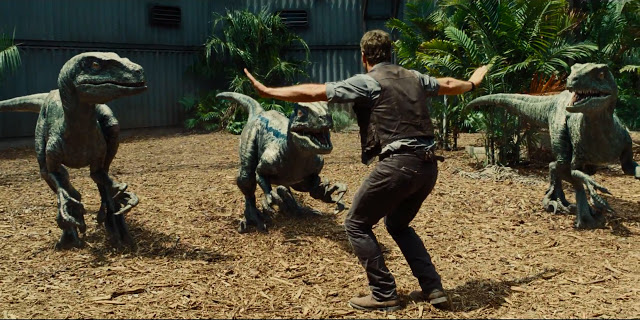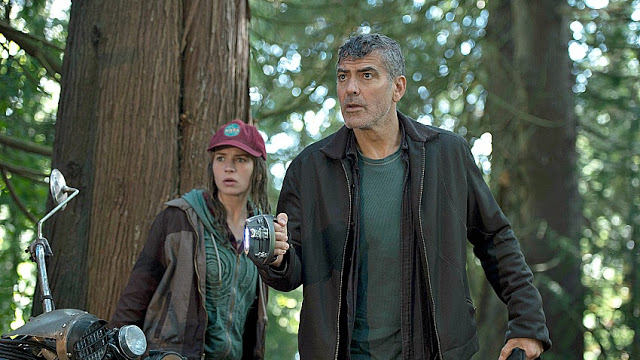Queen of Earth: Woman on the Verge of a Total Collapse
Queen of Earth, the fourth feature from writer-director Alex Ross Perry, is a razor blade wrapped in translucent silk. It takes place almost entirely in a single, idyllic location—a sun-dappled New York lake house—where two seemingly close friends are ostensibly lounging on vacation. But despite the beauty of its setting and the privilege of its characters (one is the daughter of a famous artist, the other an apparent heiress), this grim, unsettling picture is by no means soothing. It is, rather, a barbed psychological study of one woman’s gradual descent into madness, and of another’s pain and helplessness. It is the kind of film that asks far more questions than it answers, chief among them: Why do people remain friends? Do we ever really know one another? Do we even know ourselves? Most importantly: What the hell is going on in this movie?
The latter inquiry is probably best directed at Virginia (Katherine Waterston, the femme fatale from Inherent Vice), the relatively stable half of Queen of Earth‘s lakeside duo. She is the aforementioned heiress; her parents own the resplendent villa, a cozy slice of serenity tucked next to a placid lagoon and surrounded by multihued leaves. Virginia is a layabout—she’s supposedly on holiday, but it’s unclear exactly what she’s taking holiday from—but she can at least credibly distinguish between fantasy and reality. The same cannot be said of Catherine (Elisabeth Moss, going for broke), Virginia’s spasmodic companion who opens the film in a state of extreme agitation and only grows more disheveled from there. Catherine’s face is the first thing we see in Queen of Earth, her blue eyes flashing anger as tears streak through her smudged black eyeliner. She’s getting dumped by her boyfriend, James (Kentucker Audley), and she isn’t taking it well. In the first of many extended close-ups that define the film’s intimate aesthetic (Perry cuts away only once), the camera watches nosily as Catherine sobs, seethes, and howls, eventually screaming “Go!” in a guttural rage. This woman, Moss makes inescapably clear, is badly damaged. She could really use a vacation. Read More

